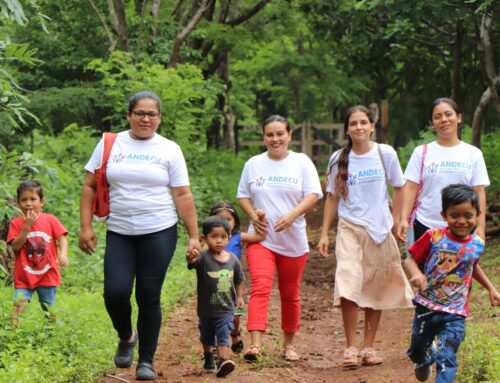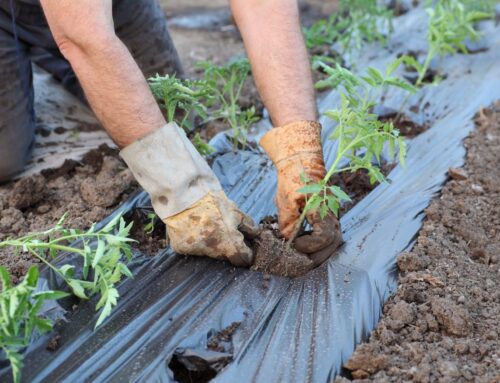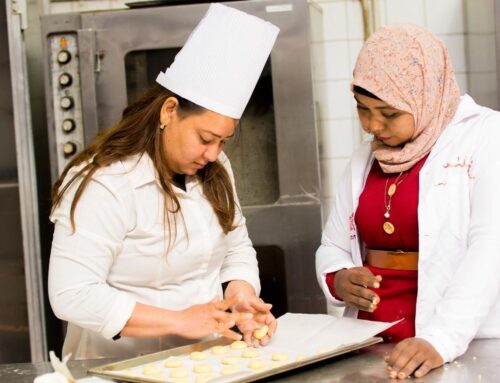Agreement: Building resilience to climate change by strengthening the livelihoods of Somali agro-pastoral communities
The Agreement, developed in consortium with the NGO Rescate, is aimed at reducing people’s exposure and vulnerability to extreme weather-related events and other economic, social and environmental disasters that lead to the destruction of livelihoods, the food insecurity and gender inequality, in order to reduce poverty in the region.
It will be focused on:
- Rural development, food security and nutrition: Work will be done to support the restoration of livelihoods, contribute to self-sufficiency and improve resilience. Specifically, the use and distribution of improved and diversified seeds will be strengthened, the incorporation of agricultural tools and equipment, the installation of an irrigation system and the reinforcement of the capacities of the agricultural and pastoral population towards the implementation of intelligent climate and environmental sustainability and financially.
- Water (availability, safety and accessibility): to the region’s water problems, we must add completely inadequate water and sanitation facilities. For this reason, work will be done in the Fafan area on the rehabilitation of non-functional wells and the construction of new water supply systems for domestic and productive uses. In addition, the capacities of the population will be improved through training, awareness-raising and institutional strengthening.
- Environment and climate change: The adaptation and recovery capacity of the population will be developed in their abilities to manage natural resources with actions such as: disaster risk reduction, adaptation to climate change and prevention of erosion and soil improvement; adoption of prevention plans, rehabilitation and response for natural disasters; rehabilitation of degraded communal and agricultural lands; and sustainable resource management.
- Gender: Considering that the effects of climate change have a greater impact on the lives of women, in their predominant role in food production and livelihoods, the agreement will work on gender equality in a transversal and sectoral manner, contributing to the empowerment of women in productive processes and decision-making and establishing a support, prevention and surveillance network against sexist violence in the individual, social and political spheres.






